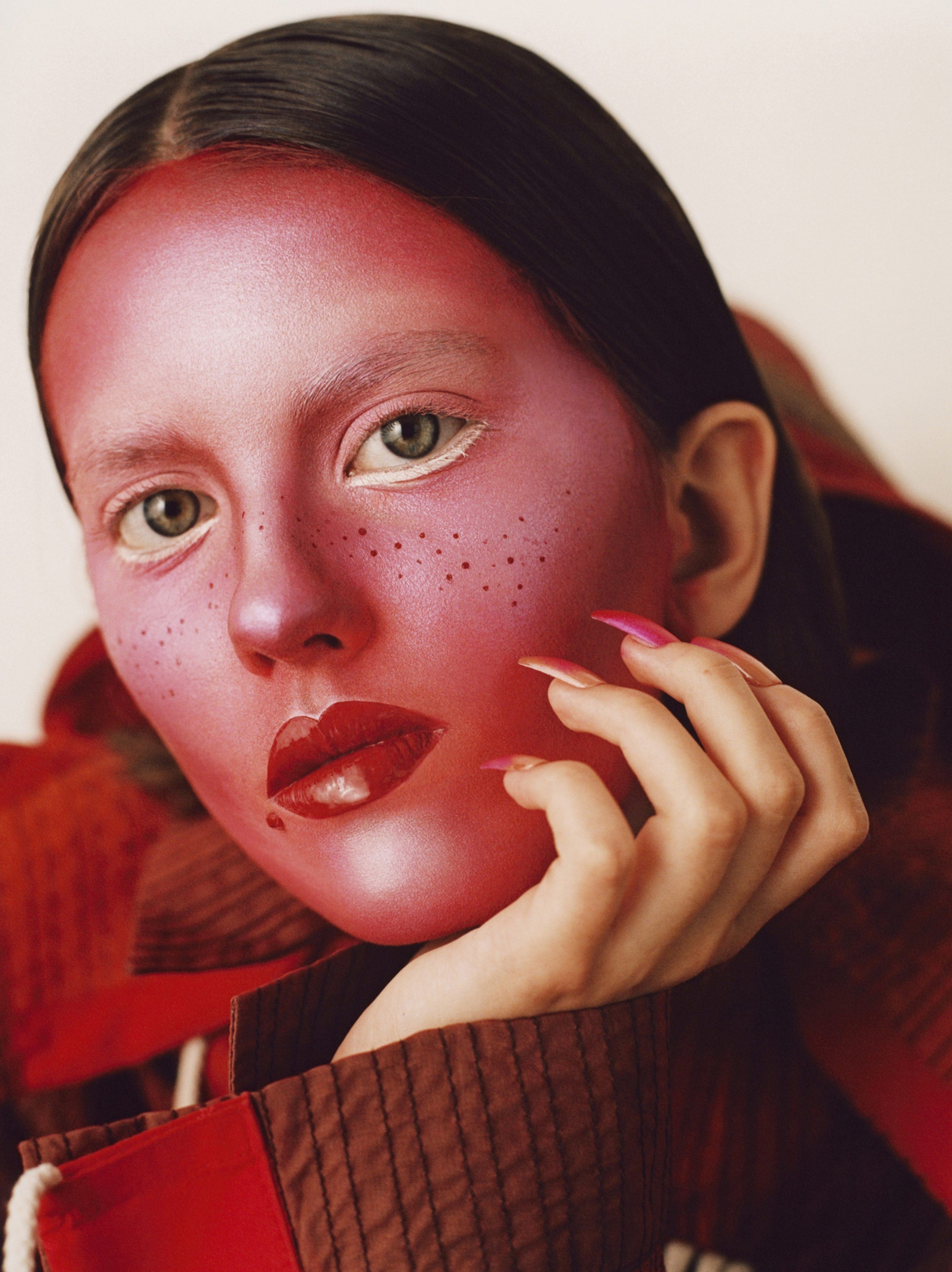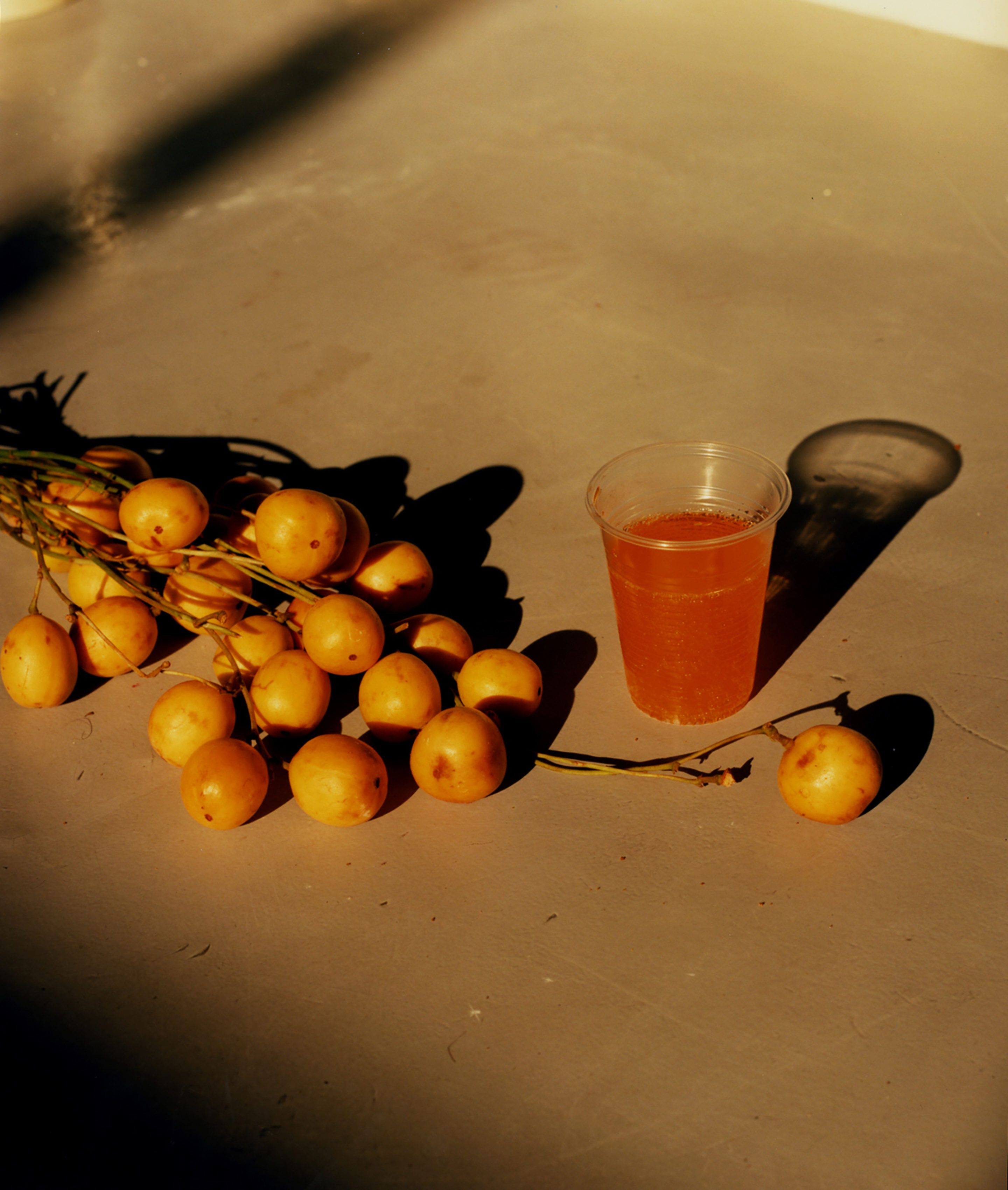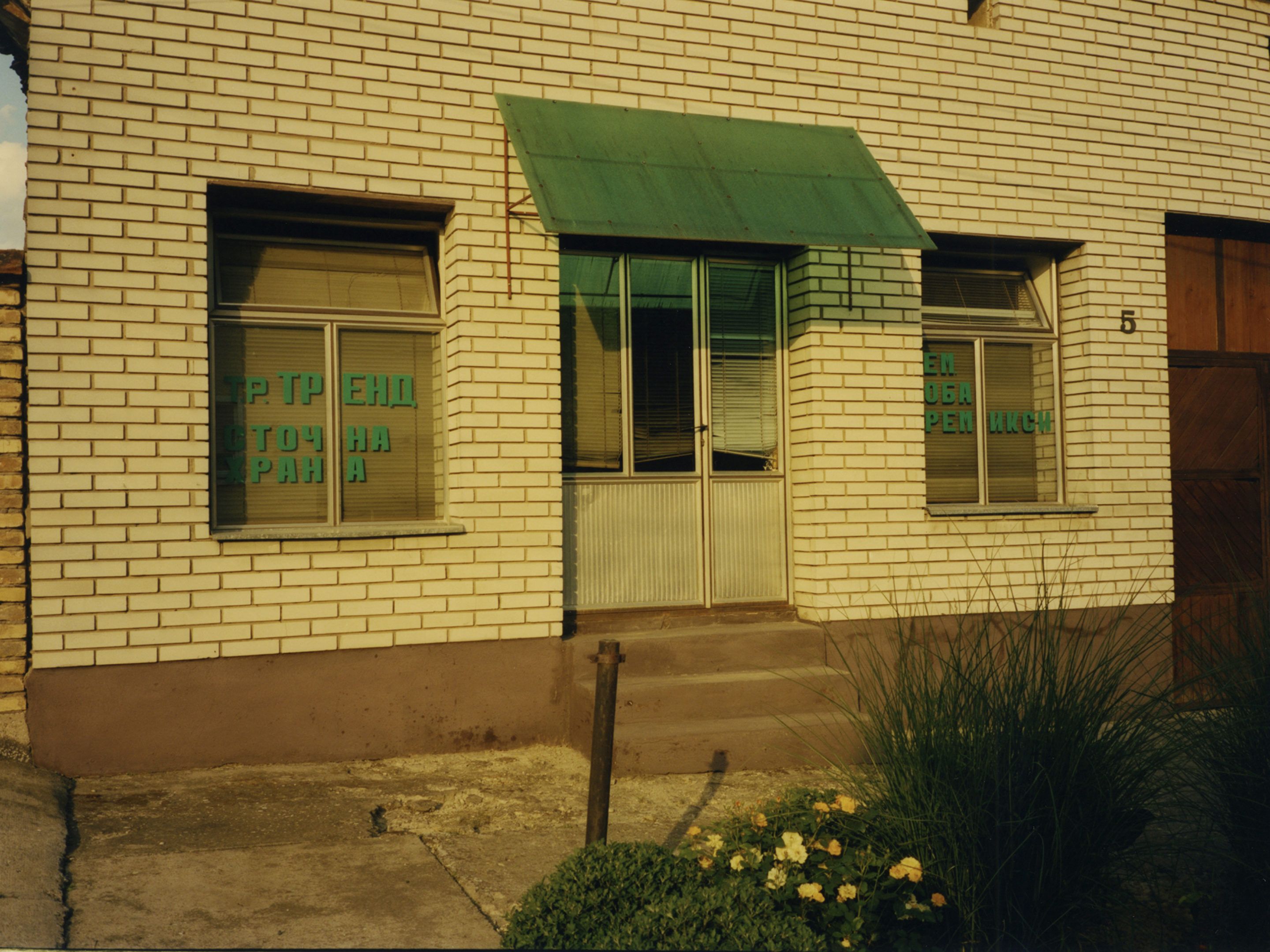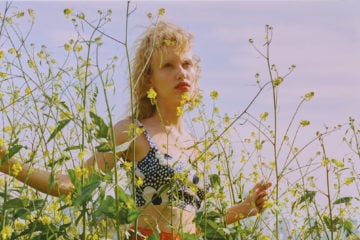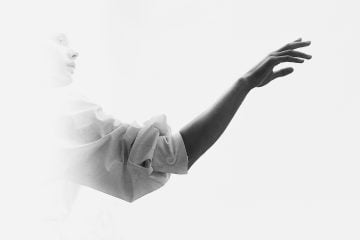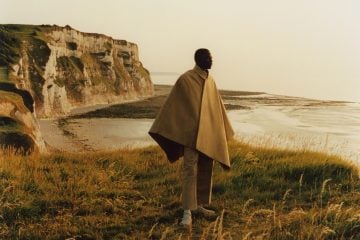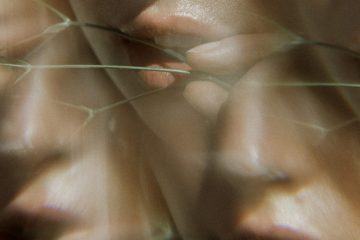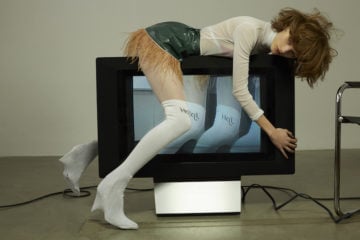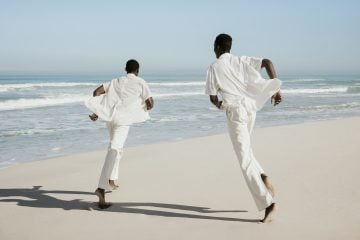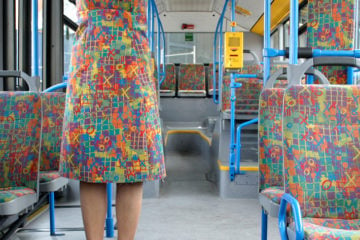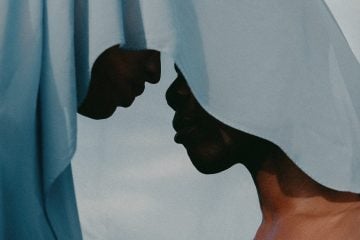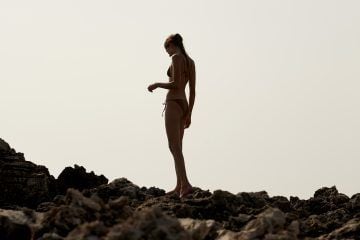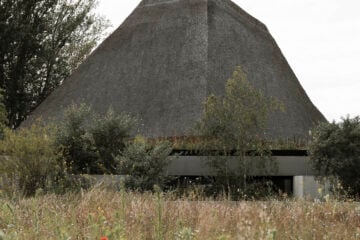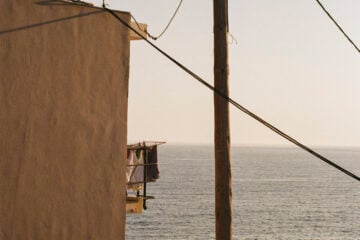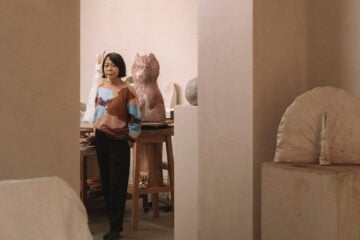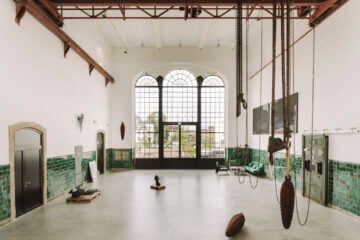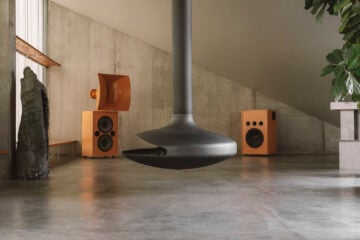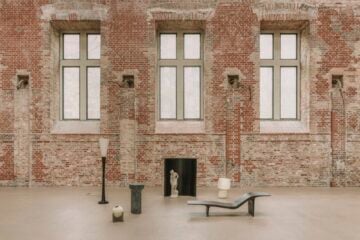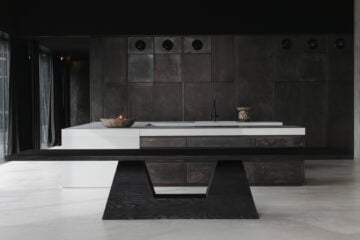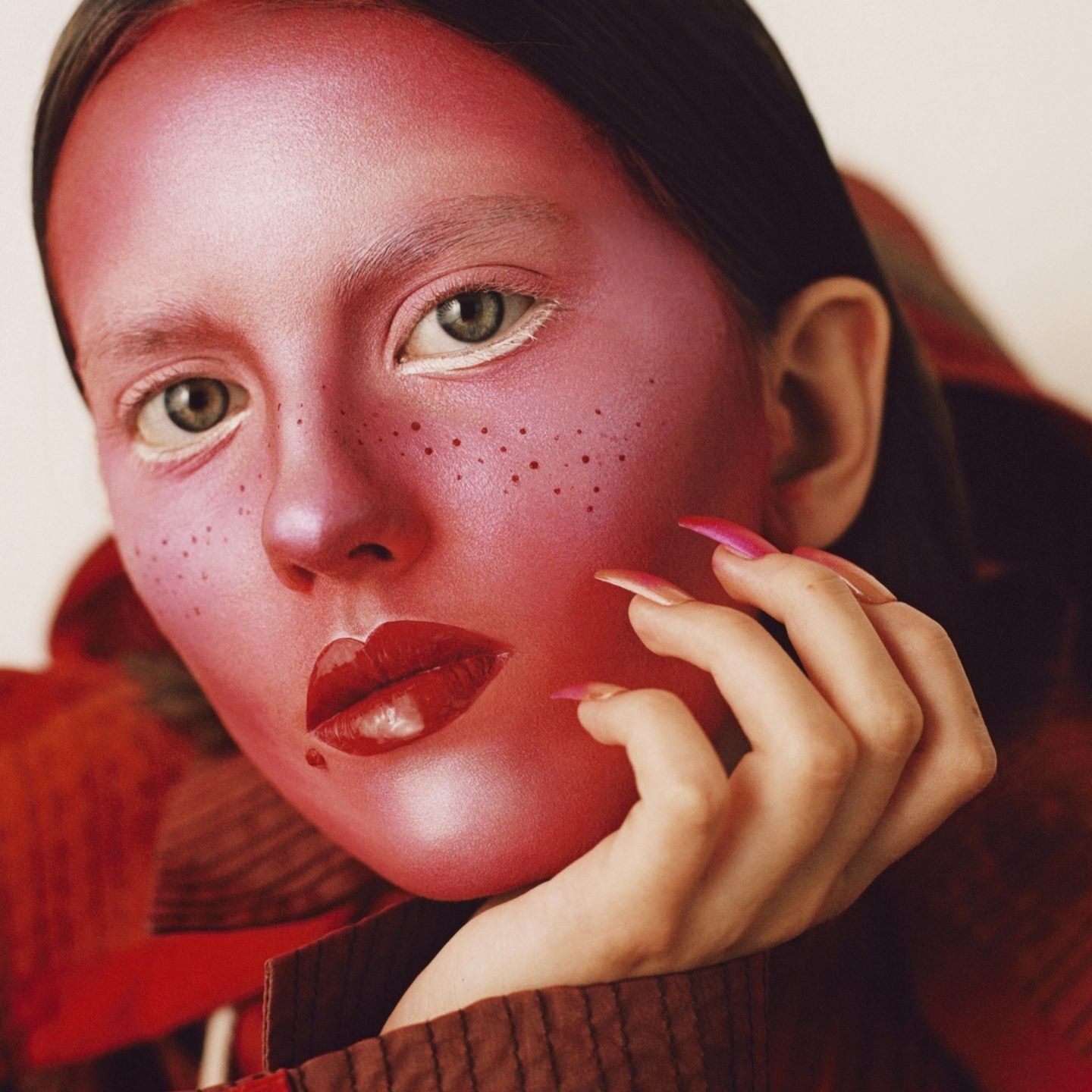
“I Tend To Find Beauty In The Unorthodox”: In Conversation With Lee Whittaker
- Name
- Lee Whittaker
- Words
- Rosie Flanagan
Finding beauty where others might find only banality, London-based photographer Lee Whittaker possesses an artful eye; his portfolio brims with color, light, and the unique personalities of those whose portrait he takes.
Working across fashion and documentary photography, Whittaker’s most interesting frames are those trained upon places and faces that might be read as unappealing or unexciting by others. Guided by instinct, he frequently casts people he meets at random. “I tend to find beauty in the unorthodox”, he explains: drawn to characters by a hand gesture, the object they hold, or the outfit that they wear. In conversation with IGNANT, Whittaker explains his idiosyncratic approach to casting, how documentary work has the potential to liberate the photographer from themselves, and why—in an era where digital dominates—he still prefers to hand print his work.
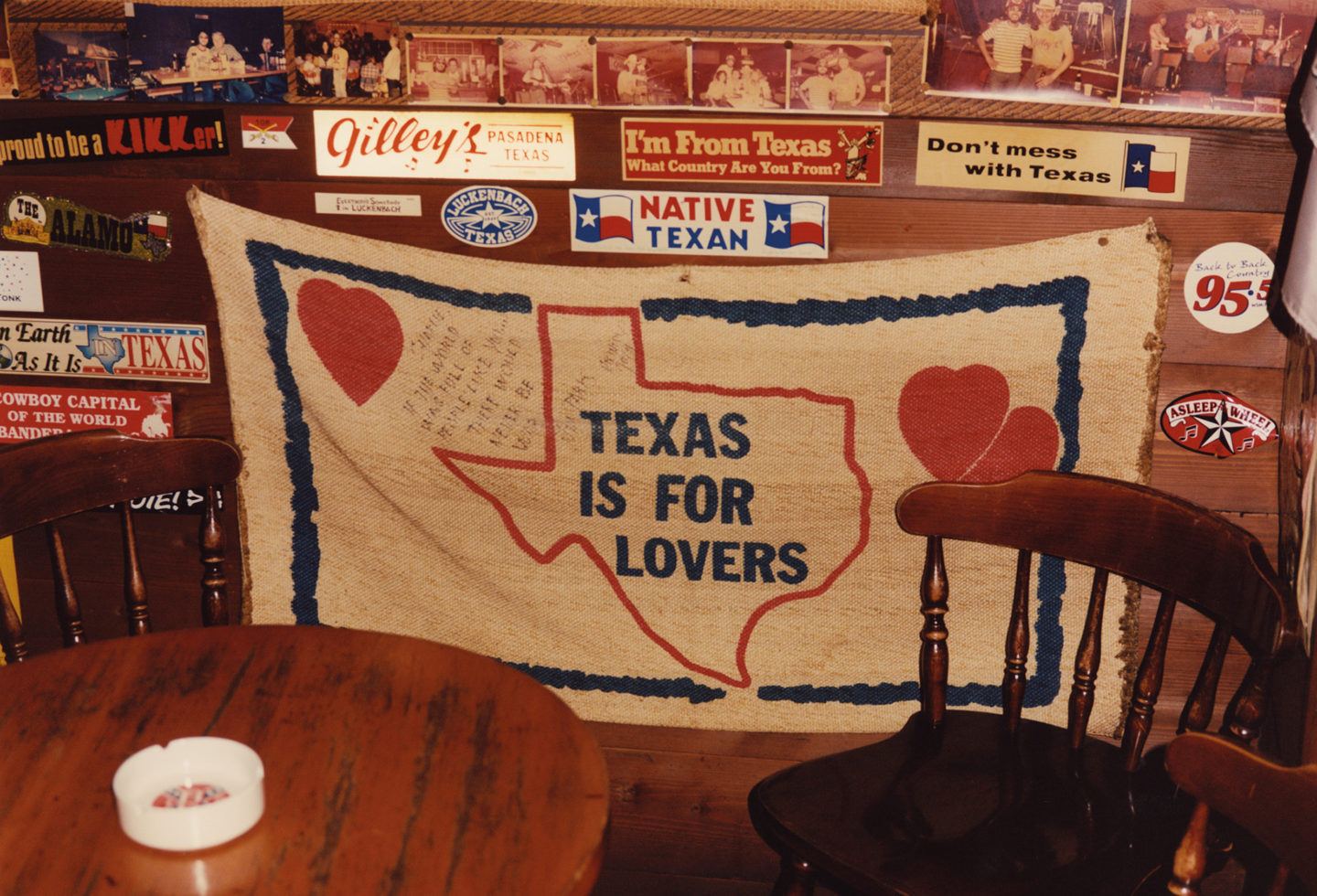
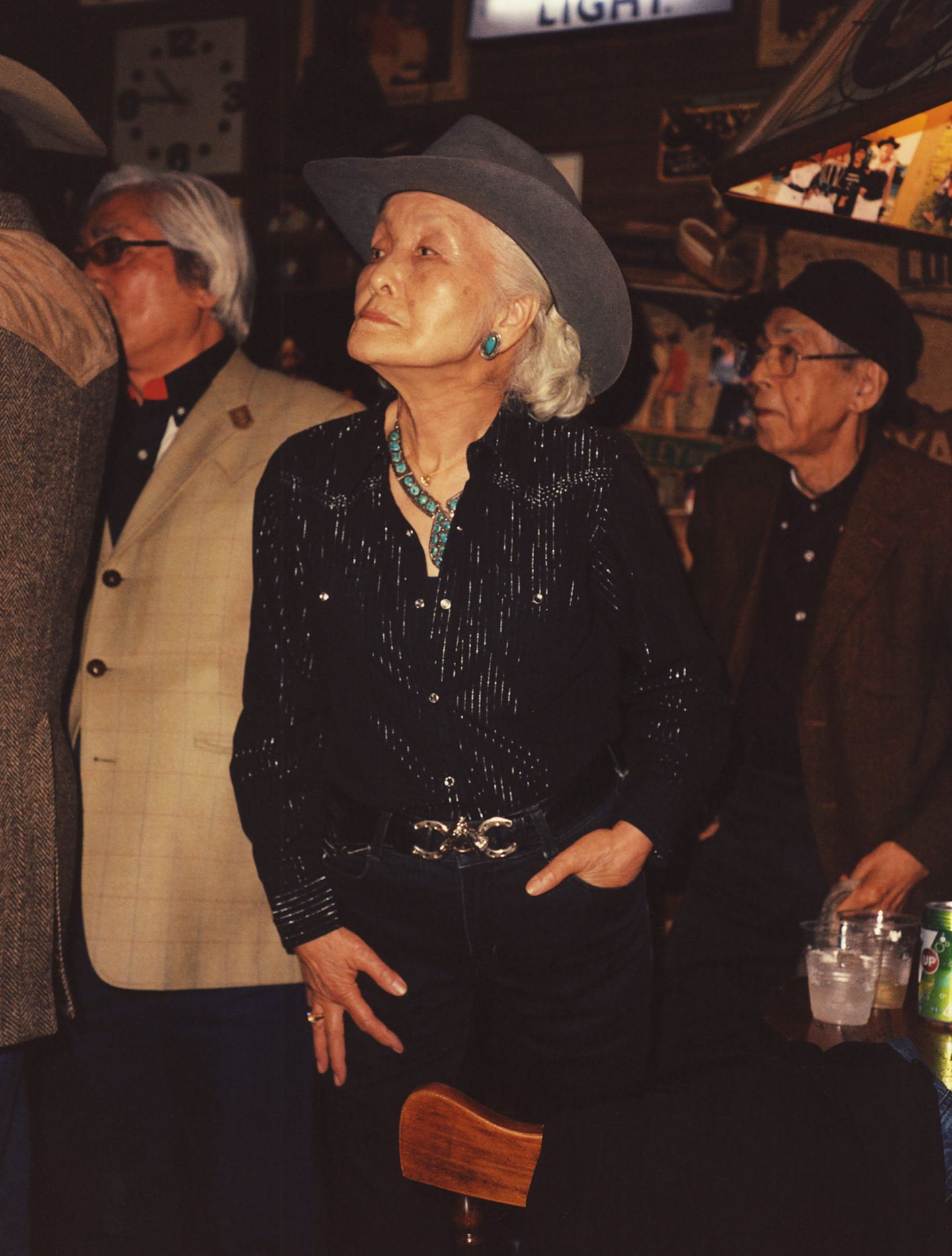
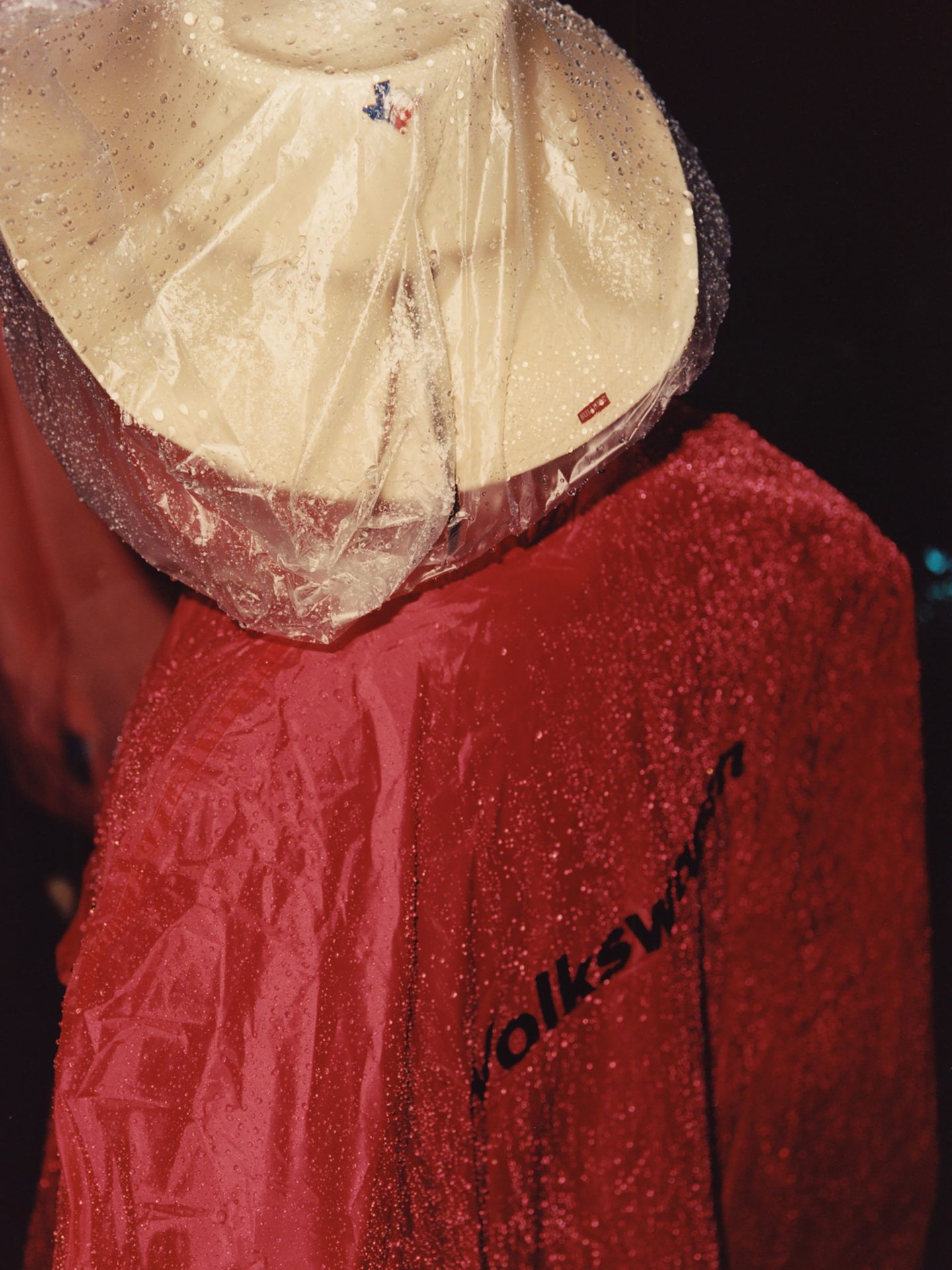
You’ve mentioned that you street cast, “turning strangers into characters”. This is really interesting! Could you tell us a bit more about this?
I find street casting quite rewarding. As an approach, it’s often quite spontaneous and there’s no way of anticipating how the process will unfold—so I find coming to know a bit about a person and their quirks during my time with them really interesting. While there’s an element of randomness to the casting, it’s also very much led by instinct: there’s always something about a person that has caught my eye before I ask to shoot them. Usually something a little out of the ordinary—they may have an unusual style or they could be carrying something weird. Sometimes I might have heard them speak or observed their mannerisms and I’ve been intrigued by their character.
´"I tend to find beauty in the unorthodox, I love shooting older faces."
I tend to find beauty in the unorthodox, I love shooting older faces. I’ll often start out with a rough idea of the types of characters I think I want to shoot, but creating the character is an unspoken process that takes place with the help of the subject. It really solidifies after I’ve spent time with them: chatting to them and giving a piece of myself to them too. I like to allow certain personality traits to come through in the image—I’ve observed that if a subject is being styled in a particular way by someone else, they usually transition into being a slightly altered version of their own character and almost become what they are wearing. For example, the older lady in the lilac dress and sunglasses was very shy and self-aware but very open to being shot—after we dressed her I could see she became quite confident in her new guise and fell into the character she was drawing from the outfit.
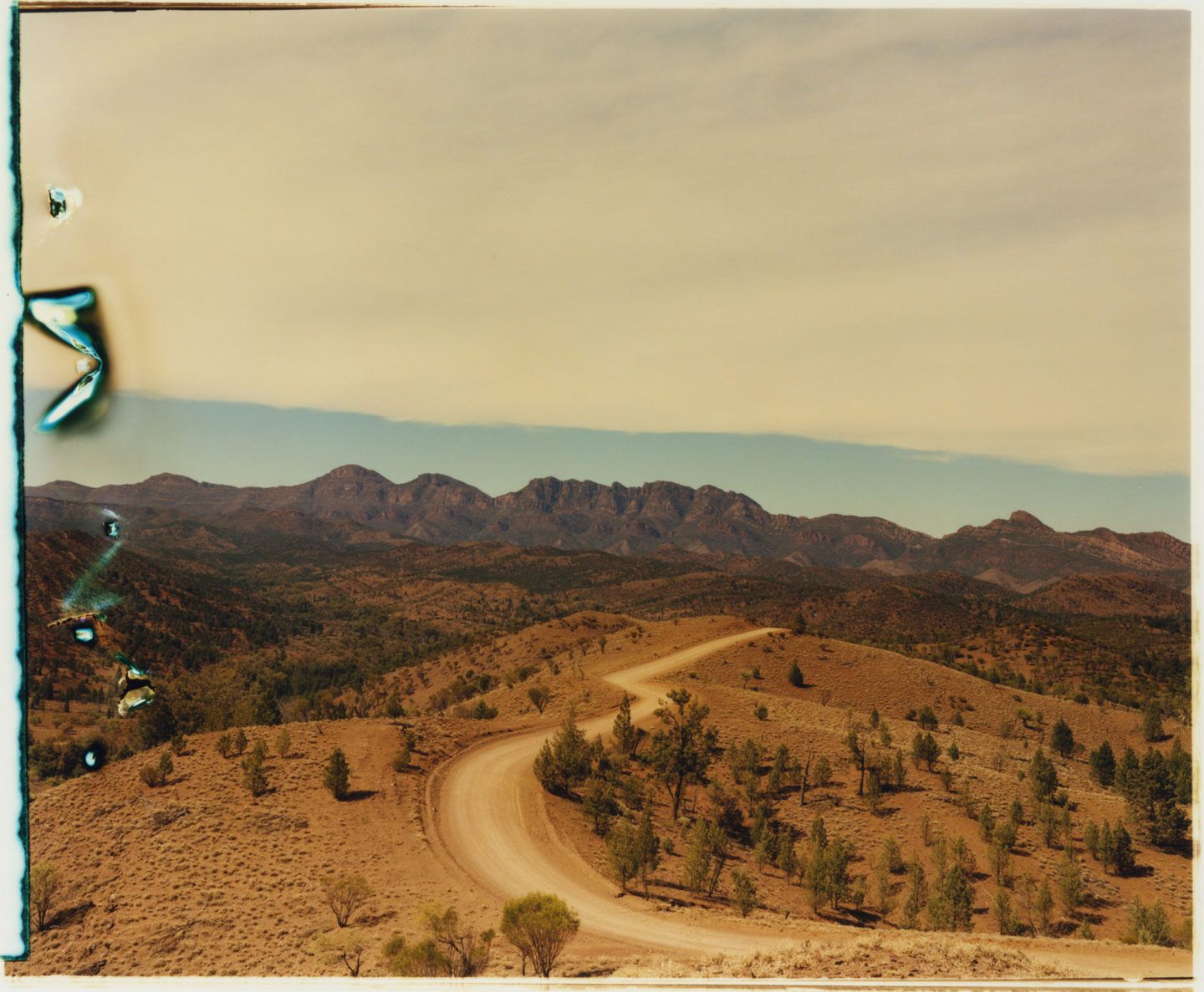
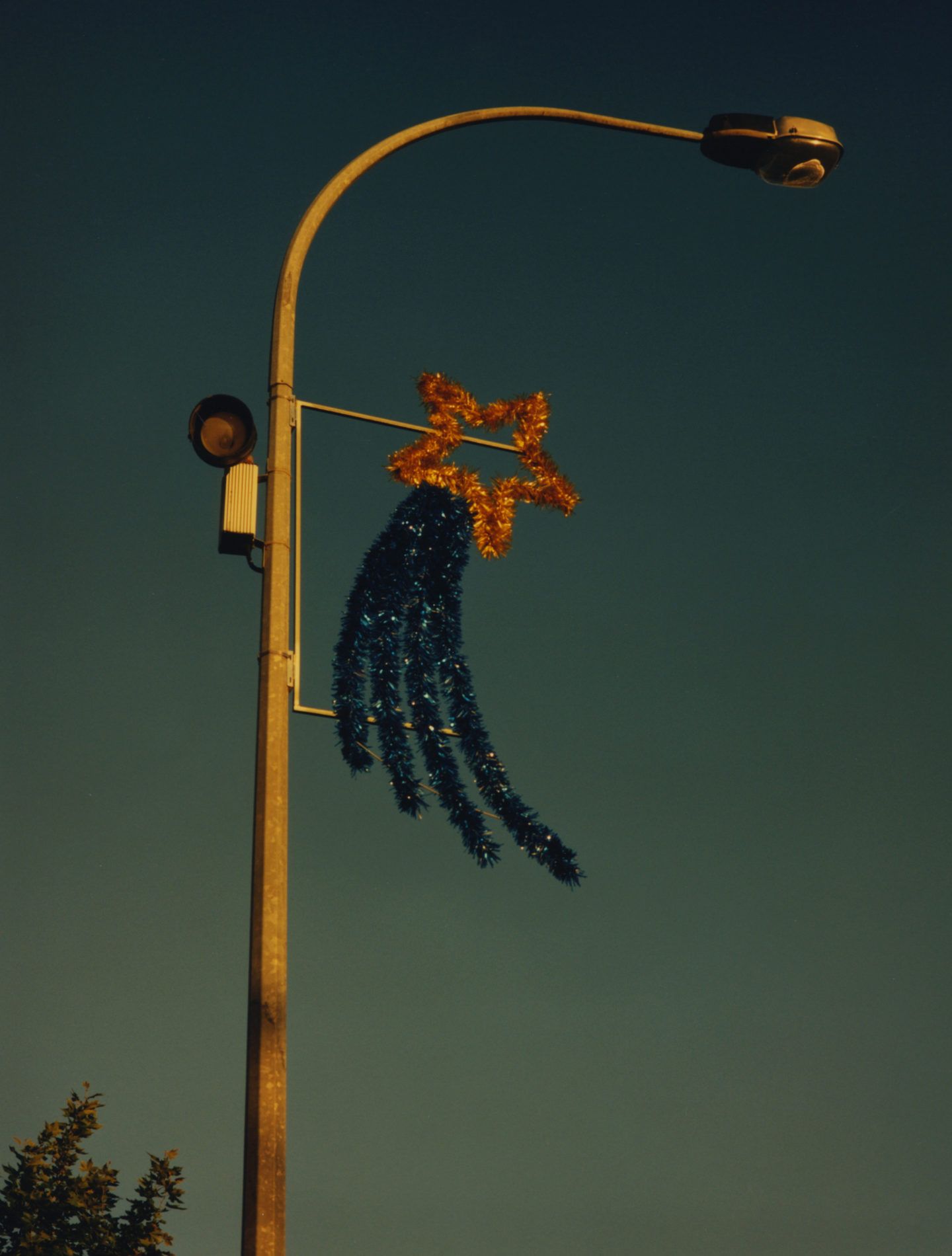
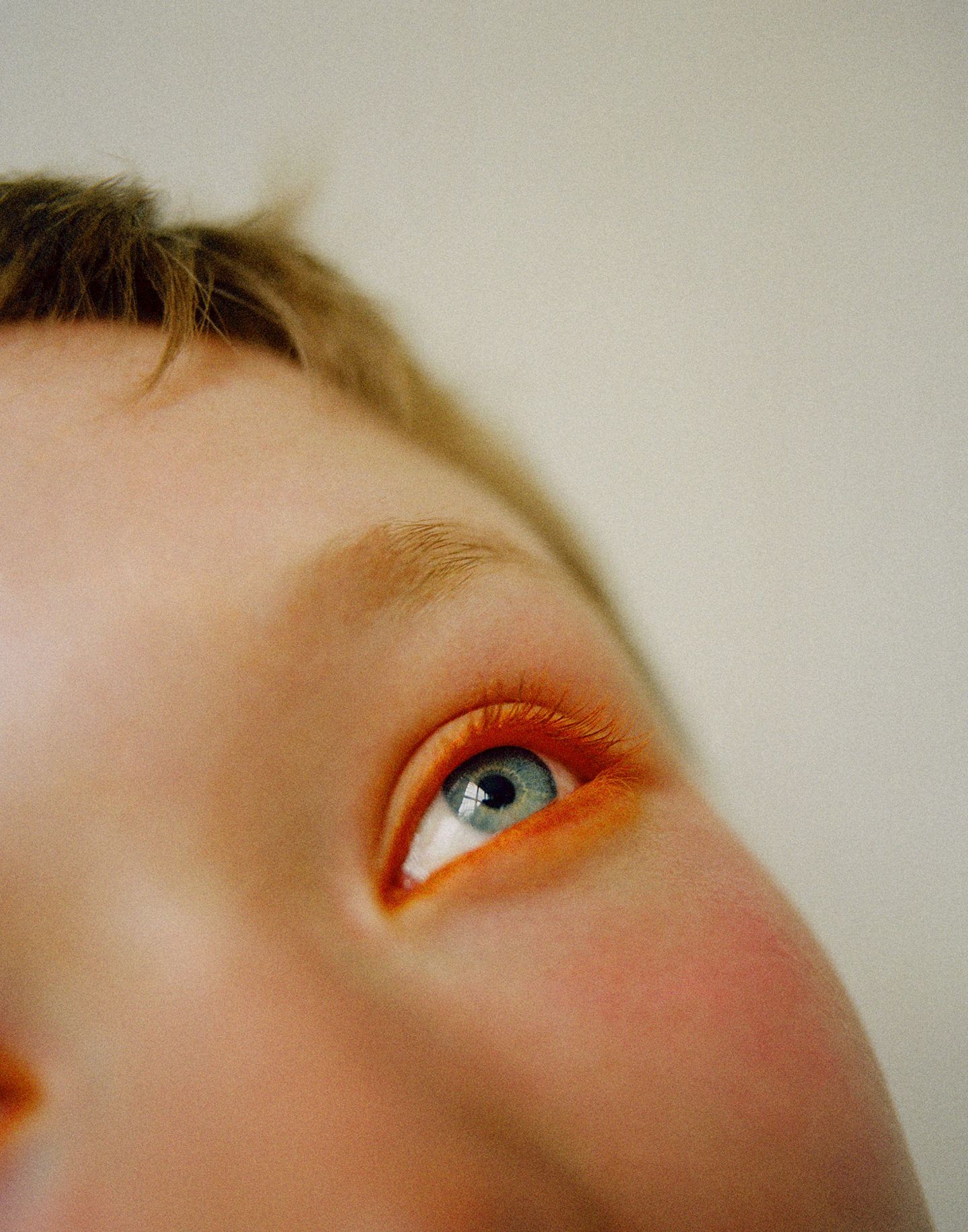
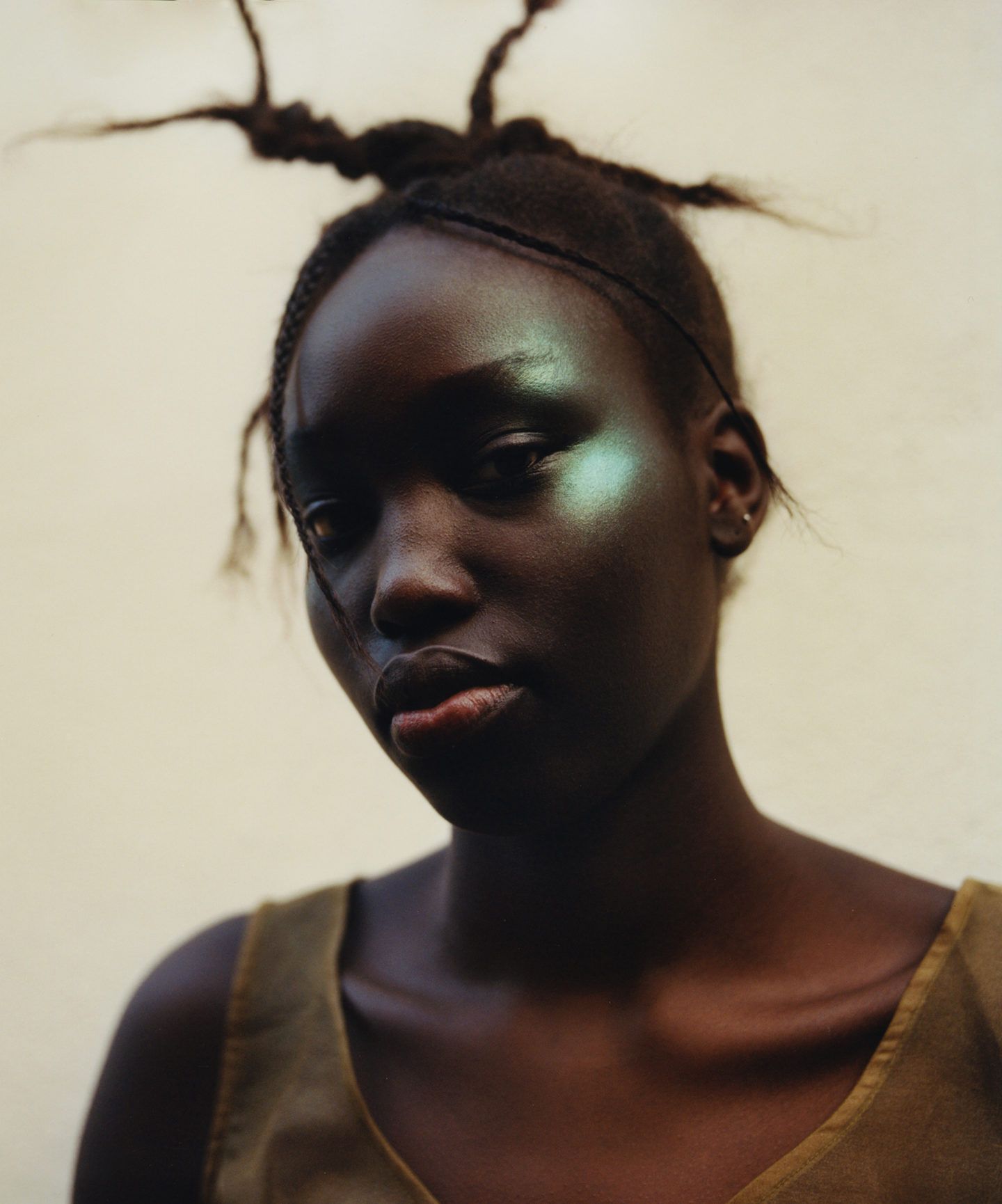
You mentioned that you’re more passionate about your documentary work than you are about your fashion work. What is it about documentary photography that you love?
I enjoy my fashion work and the people I get to collaborate with on creating a story—editorial is quite self-indulgent in that way. But on a personal level, I find documentary work to be far more eye-opening and inspiring: it has the power to really take you outside of yourself and expose you to a much bigger world. I find that when I take the camera out alone it has a certain power in opening doors that would usually remain welded shut, and allows me to ease into conversations with people I wouldn’t typically interact with on a day to day basis… or who wouldn’t interact with me perhaps. I’m lucky enough to have experienced people becoming extremely open and unfiltered which has often given me a very unbiased view into different subcultures.
You print much of your work: how important is technical knowledge in an increasingly digital age?
I think a balance of creativity and technical knowledge are key, although we live in an age where you can create an image style almost instantly with Instagram filters etc. I respect artists who know what they want from an image but may not have the technical knowledge, but in my own experience I really value the level of control that shooting on film and printing affords me on a more granular level.
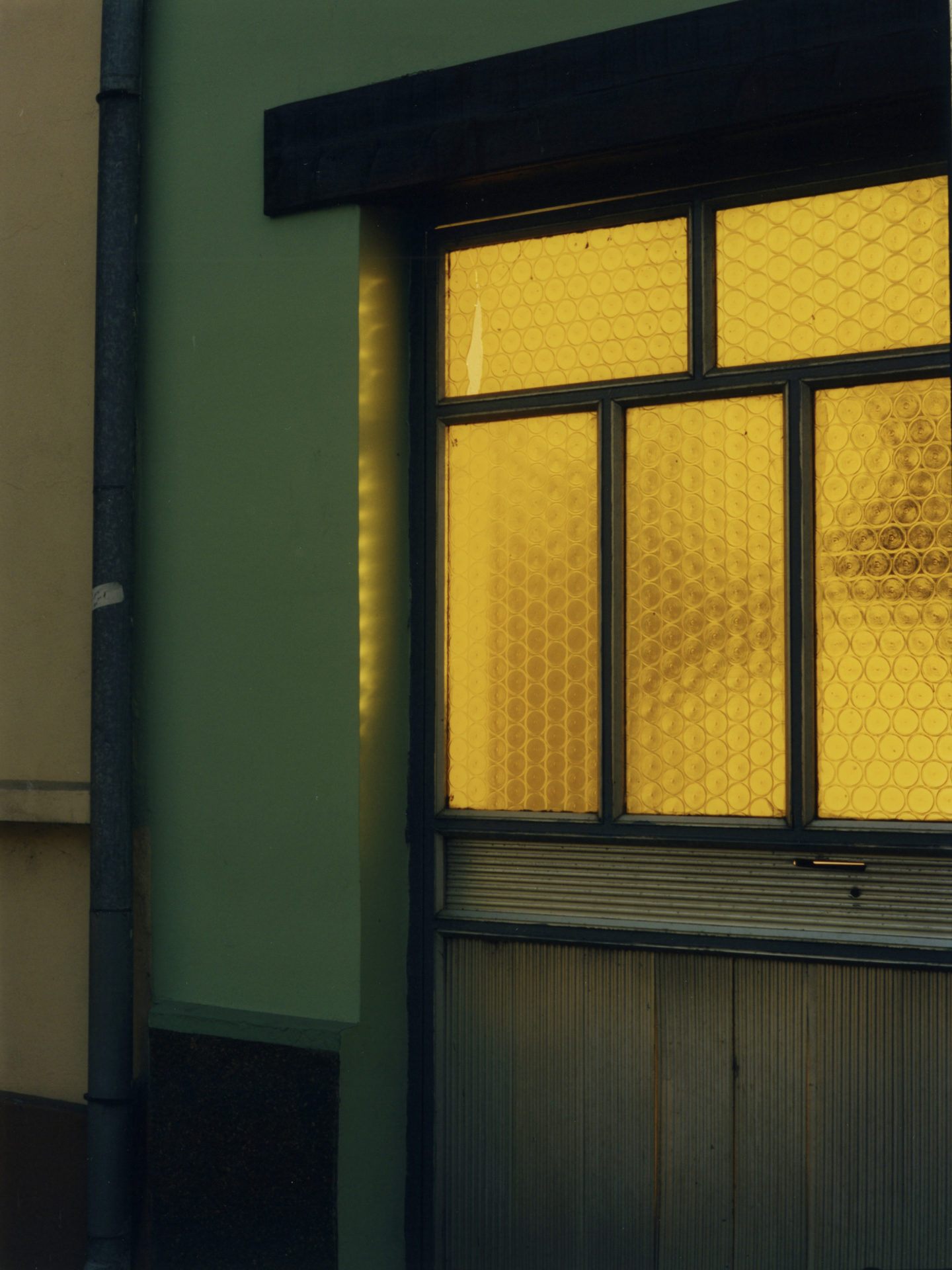
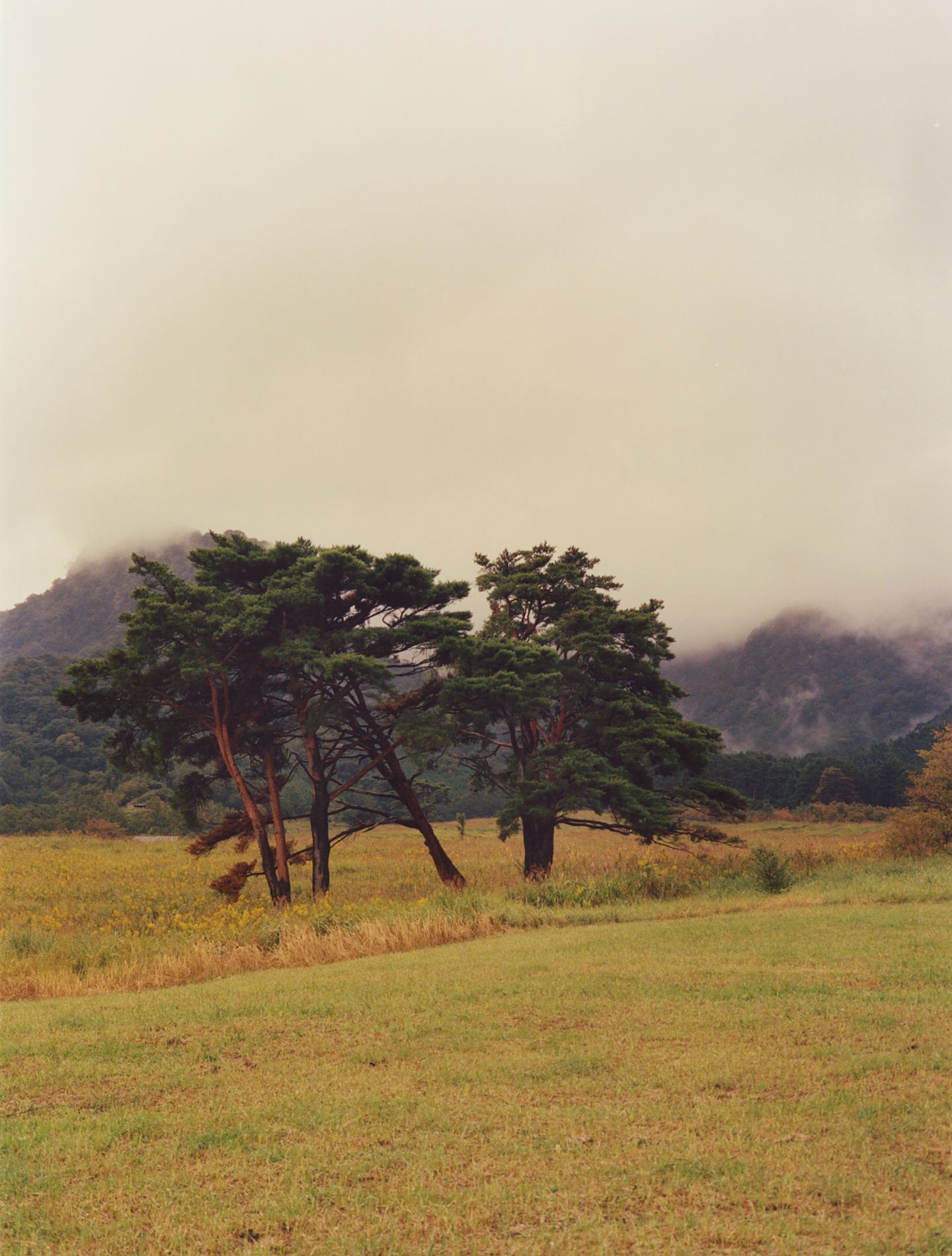
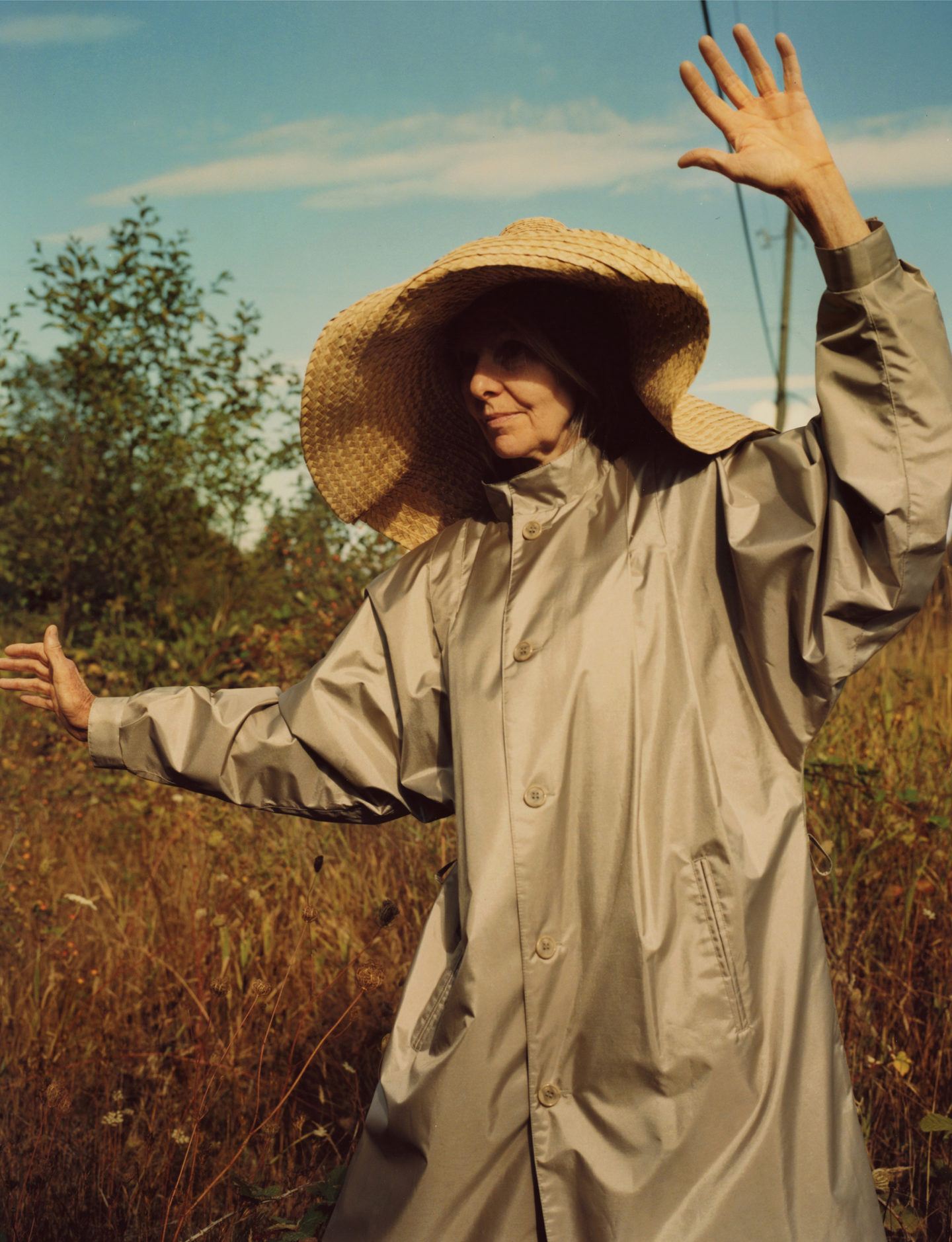
All images © Lee Whittaker
